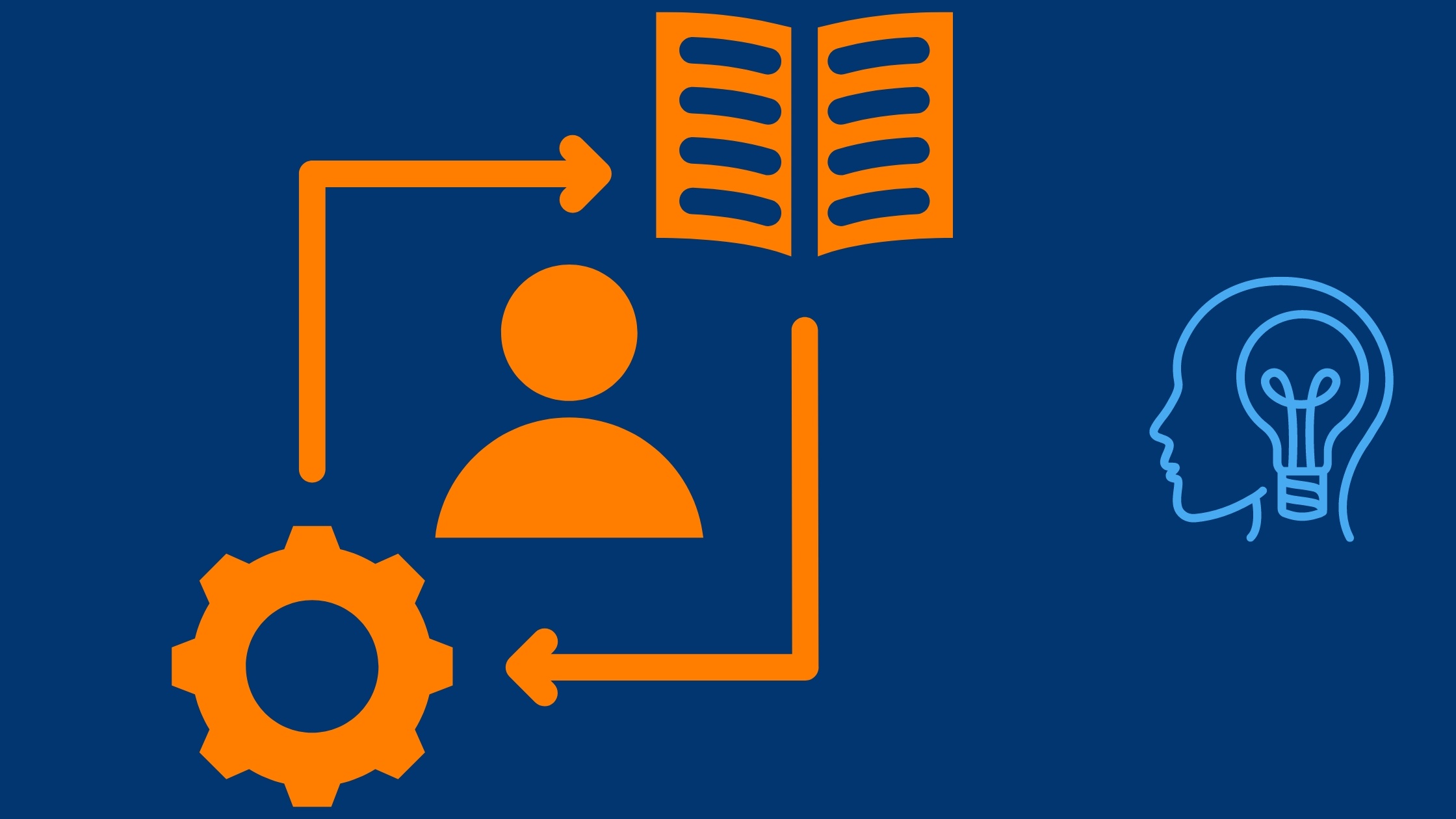I was introduced to the four stages of competence as a teenager, and I’ve used them to guide me while building hundreds of skills and even mastering a few.
They represent a learning model that describes four psychological states that we progress through when learning a new skill.
If you are interested in learning new skills then this post will introduce you to this model.
Quick Definitions
I think that things are clearer when terms are defined. Here are my definitions of the main terms associated with these stages:
- Competence - the ability to do something successfully or efficiently
- Incompetence - inability to do something successfully or efficiently
- Conscious - awareness
- Unconscious - done or existing without realizing
Stage #1 - Unconscious Incompetence
You don’t know what you don’t know.
Said differently, you have no idea how to do something AND you don’t believe that the skill in question is even a real skill. You don’t ask for help or try to learn something because you don’t realize that you need to.
What to Do
If you want to move past this stage, then the word is awareness. Developing awareness that the skill exists will allow you to start looking into it and realize your shortcomings. Don’t worry about learning how to do the skill yet. This is more about getting a clear idea of what the skill is and why you care.
Stage #2 - Conscious Incompetence
You accept that you have a skill deficiency or a knowledge gap.
Most people like this stage the least because being aware that they don’t know something (especially how to do an important skill) can make them uncomfortable or embarrassed.
What to Do
To move past this stage you generally need to have a desire to improve and you need to find resources to build your competence.
This can include
- mentors,
- teachers,
- documentation,
- videos,
- sandboxes,
- training/study partners,
- etc.
Anything that builds up your skill level.
And then put in the work. Learn. Practice. Improve. Repeat.
Stage #3 - Conscious Competence
You have gotten good at the skill, but it still takes effort, focus, and attention.
You understand what you are doing. You can explain how and why something works.
You’re good enough at this that you can teach others how to do it as well.
What to Do
If you choose to progress past this stage (many don’t) then you will be moving towards peak performance or mastery.
The steps are the same as the last stage -
- Have a desire to improve
- Find resources to help you improve
- Improve
The resources will need to be different and harder to find because your skill level is greater.
Be aware that it usually takes the most amount of time to go from this stage to the next.
Stage #4 - Unconscious Competence
You have gotten so good at performing the skill that it becomes second nature.
You no longer need to think about what to do or how to do it; you just do it.
Mastery lives at this stage.
The unfortunate downside of this stage is that you become so good that you may forget what it was like to learn it or not be able to understand why others don’t know how to do it. This is the so-called curse of knowledge. It may be difficult to relate to others. It also may become strangely difficult to teach others.
You’ll have to decide for yourself if it is worth getting to this stage. I think that it is worth it but that’s just me.
What to Do
If you are at this stage and want to progress, you’ll have to define the path yourself. It’s okay though, now you are ready.


Comments